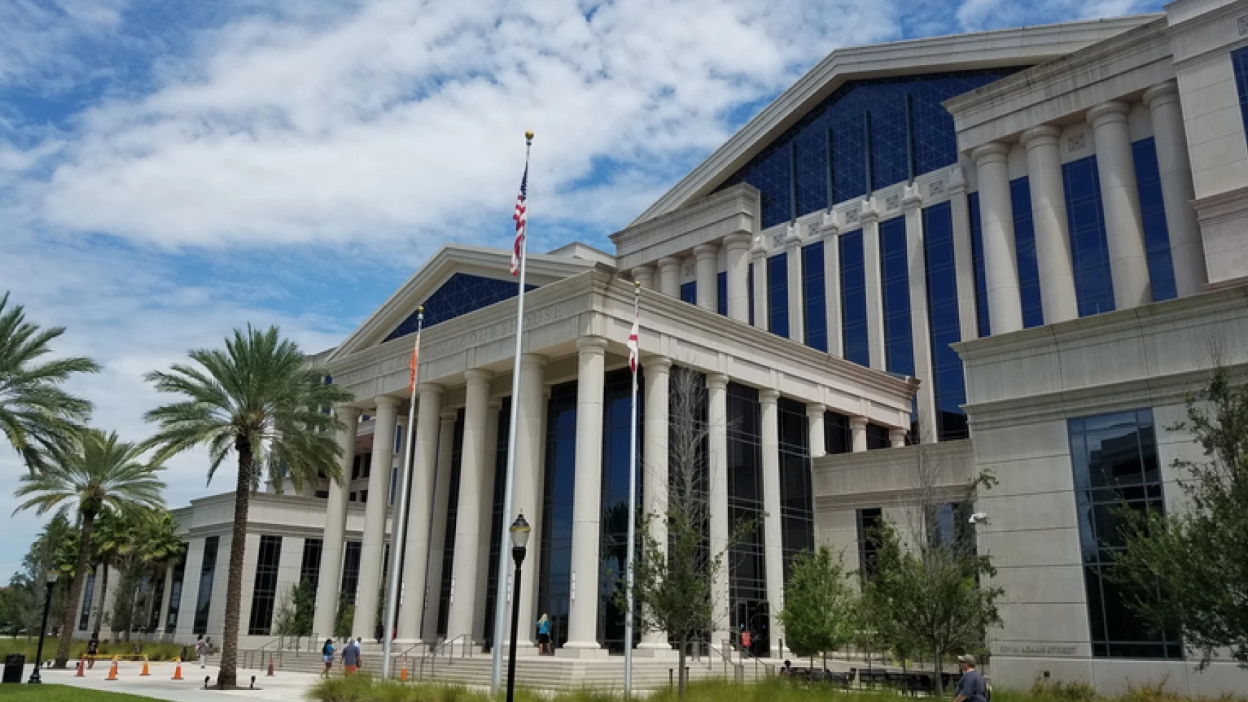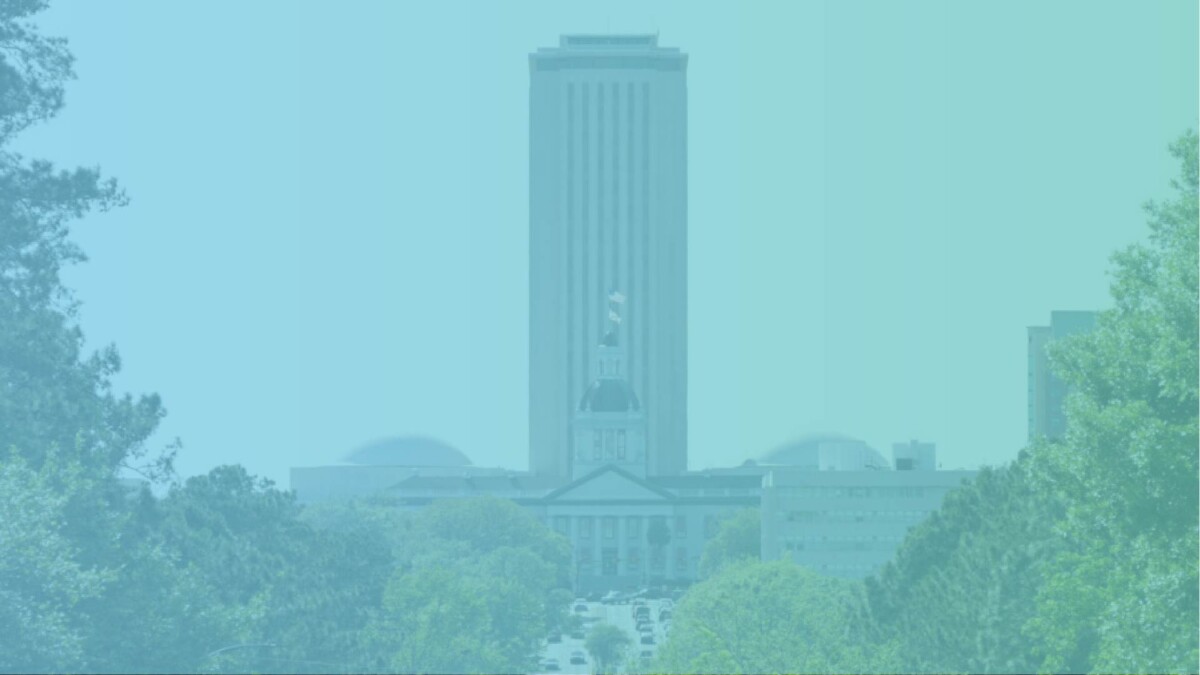Clay, Duval and Nassau counties will choose between two candidates for Florida’s 4th Judicial Circuit in the primary election Aug. 20. And Duval County voters will have a slate of four candidates to choose from for a Duval County Court judge.
Both races are nonpartisan, meaning all eligible voters can cast a ballot in the races. Judges are elected for six-year terms and must be reelected to retain their seats.
Candidates for 4th Judicial Circuit Court Group 34 are:
- Nancy Cleaveland, co-founder of Jacksonville law firm Cleaveland & Cleaveland P.L.
- Ashley Wells Cox, an attorney at The Bedell Firm.
Circuit court judges deal with criminal felonies, domestic relations, probate matters and civil cases.
Candidates for Duval County Court Group 9 are:
- Andrew Bonderud, an attorney with The Bonderud Law Firm.
- Marcus Isom, an assistant state attorney in Florida’s 4th Judicial Circuit.
- Shayla E. Lee, an attorney with the 4th Circuit Public Defender’s Office.
- Matthew Lufrano, a criminal defense attorney who founded Lufrano Legal P.A.
County judges hear criminal misdemeanors — crimes that have possible sentences of up to one year in jail — and civil cases.
Candidates for Duval County and circuit court judge positions discussed their qualifications, experience and judicial philosophies during a candidate forum hosted by the Jacksonville Bar Association. The forum, moderated by Patrick Kilbane, president of the Jacksonville Lawyers Federalist Society, and Christian George, president-elect of the Jacksonville Bar Association, took place June 13 at the Wells Fargo Center.
Here are direct quotes, as well as summaries of answers each candidate provided to moderators for a few of the questions asked. For a complete transcript of the forum, and to hear more from the candidates themselves, go to the Jacksonville Bar Association’s website.
Why are you running for judge?
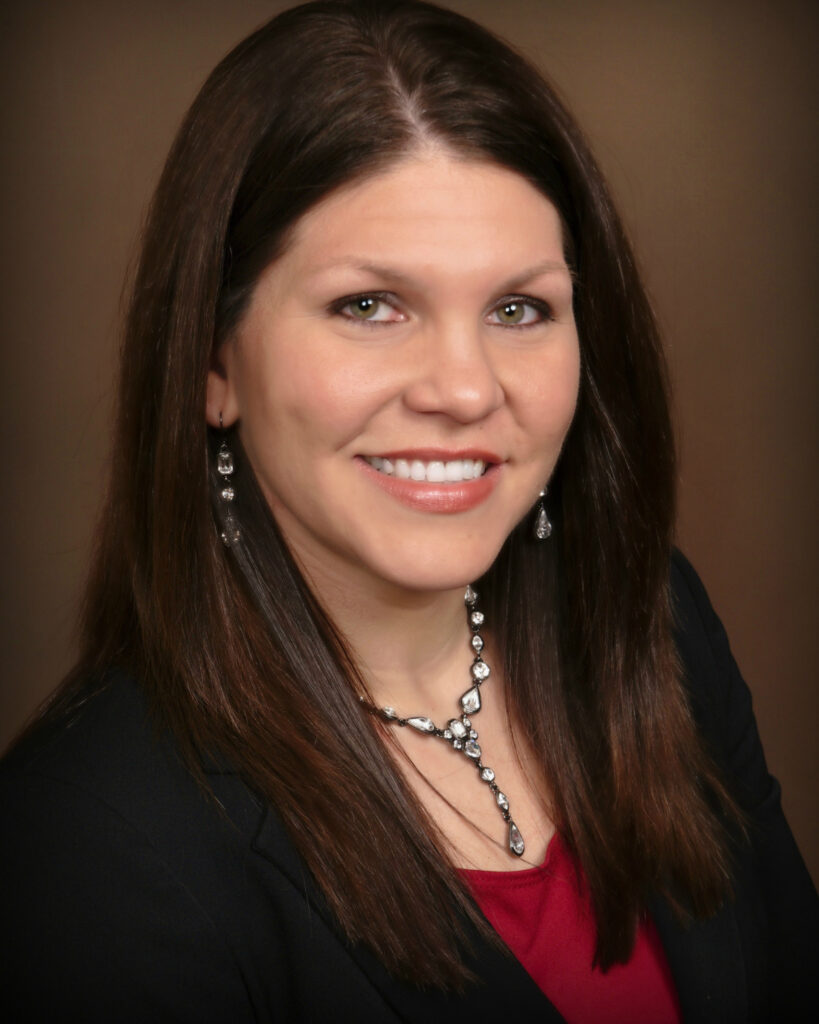
Nancy Cleaveland: “I have always had a very strong belief that fairness is absolutely imperative to our judicial system, to our freedoms, and so to this day, that is my primary reason for wanting to be a judge — is to ensure that at least under my watch, there will be fairness across the board.”
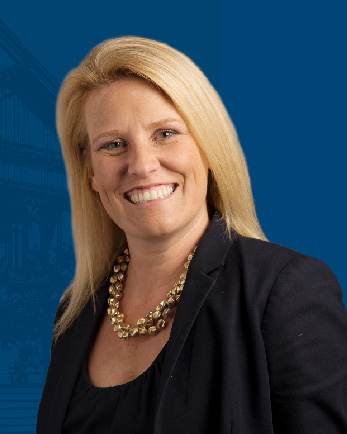
Ashley Wells Cox: “I just know how incredibly important it is to have intelligent, experienced, rational and reasonable judges in the trial courts and in all of our courts. I know that I am that person.”
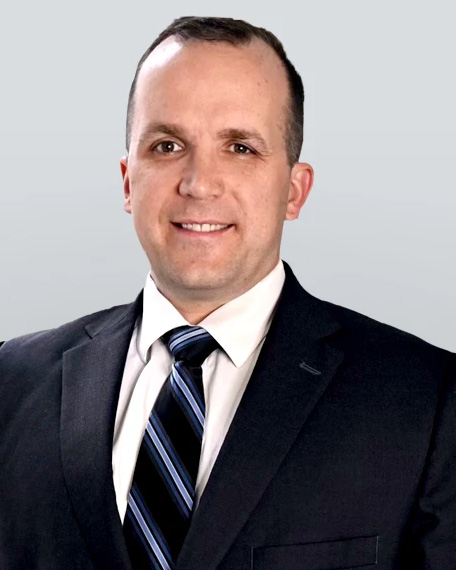
Andrew Bonderud: “I believe in American exceptionalism,” Bonderud said. “I believe this is the greatest country on Earth and the greatest country in history. And a big part of what distinguishes our country from every other country on Earth is our independent judiciary. It’s not just the competence of our judiciary, but it’s its independence, and I think I can fill that role as a Duval County Court judge.”
He said part of his motivation for running was to see more diversity on the bench, referencing his Hispanic heritage and immigrant grandparents.
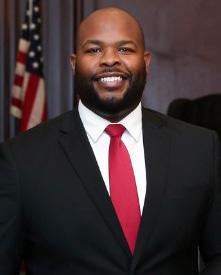
Marcus Isom: “I have a passion for justice and due process in the courtroom. I know that getting on the bench would allow me to elevate my ability to influence what happens in the courtroom and have a positive impact on the community.”
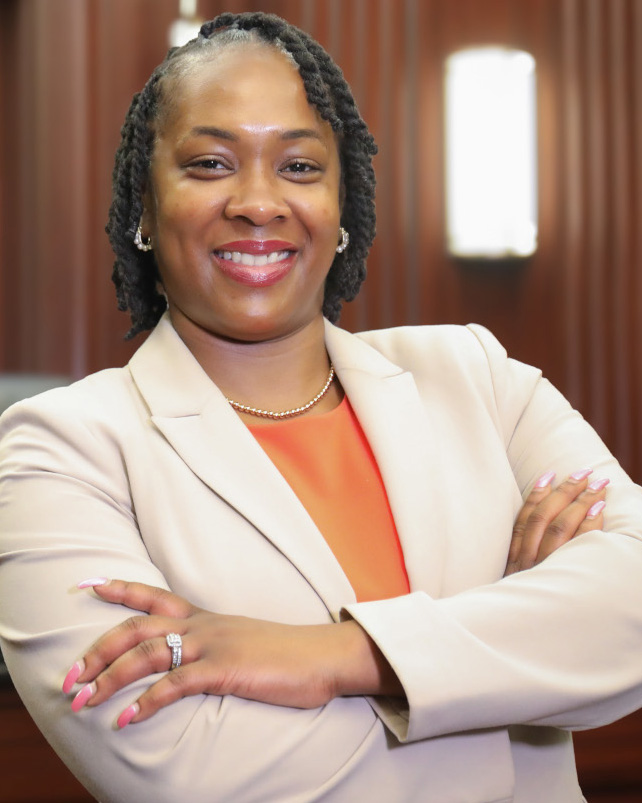
Shayla E. Lee: “I think that judges need to be impartial. They need to be able to follow the law. And most importantly, I have a passion for people, which I think it’s very important when you’re sitting in judgment of other people, of your peers, and so I want to be able to bridge all of those things with my experience with the law and continue my public service to this community on the bench.”
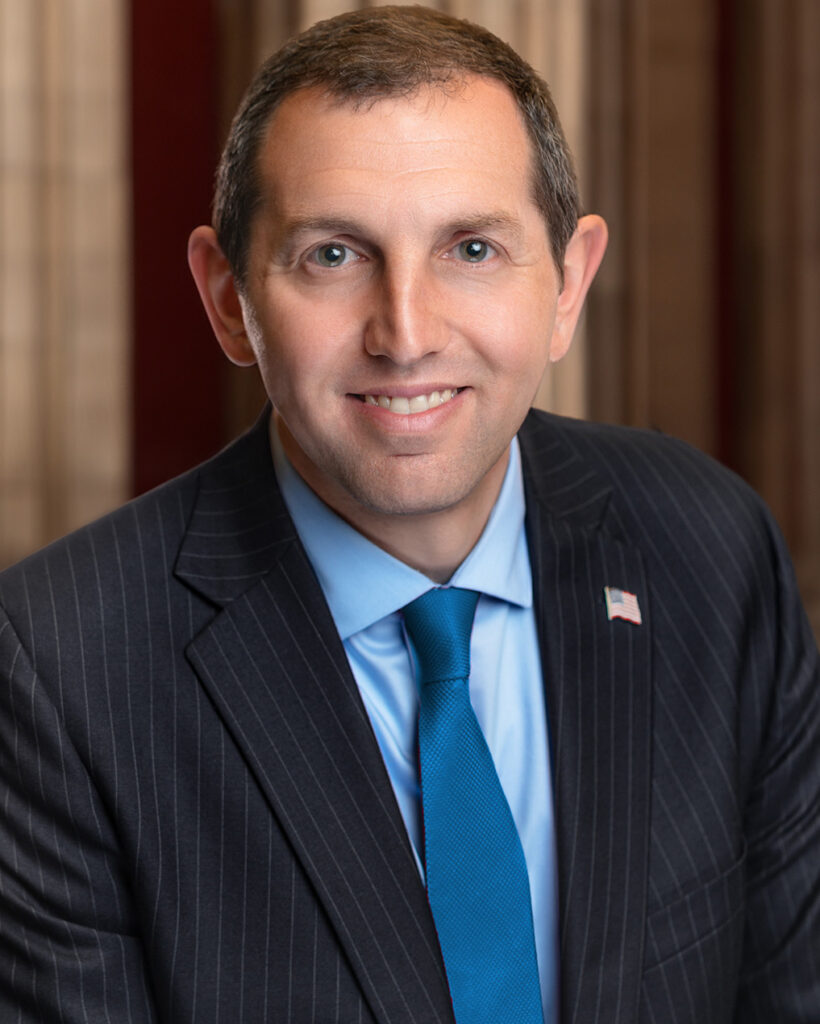
Matthew Lufrano: “I really want to serve our community. It’s my belief that judges are servants of the people. They’re there to ensure that our laws are followed, that justice is done and that people have an opportunity to be heard, that there is due process. I think judges are not only there and to make sure people believe in the system, that they have faith in it, but also, I think there’s a mentorship aspect of judges to ensure that younger attorneys that are coming up understand there’s a right way to practice and there’s a wrong way to practice… I believe that I’ve got the experience, the training and the expertise to pass that along.”
What’s the No. 1 reason that the voters should elect you? And second, very briefly, talk about your qualifications.
Cleaveland: “I am a public servant at heart. I mean, you have to serve before you can lead. And I have consistently been involved in our community and have served on various boards and committees. I have about 15 years of experience, primarily in family law. I do have some other experience in probate, bankruptcy, some contract and estate planning, but the circuit seat that we are running for is currently in the family court. And so I believe that my 15 years of experience in family law will be especially helpful.”
Wells Cox: “I have the most diverse legal experience. I have academic achievements, and I also have been committed to public service throughout all phases of my life. I know that I have one of the longest tenure as an attorney practicing — 22 years — and I’ve made sure that I’ve touched all areas, because the chief judge could put us anywhere. It could be a criminal court, where I’ve had experience as a prosecutor and a criminal defense attorney. I could be in juvenile court, where I’ve also had experience. I could be in dependency court. I could be in civil court, and I’ve touched on all of those areas through my practice, so I know that I am the most qualified candidate for this position.”
Bonderud: “I’m competent. I have more than 11 years experience, not just in criminal law, but a diverse array of practice areas including civil litigation and domestic relations litigation. A Duval County Court judge is going to have a split docket between criminal and civil, and I have extensive experience with both.”
Bonderund said he is also a veteran and has a “track record of taking unpopular opinions that exhibit the courage that one would need when serving as a judge.”
Isom: “I advocate strongly on behalf of people of the state of Florida, not just victims, but I’m also thinking about law enforcement officers,” Isom said. “I’m also thinking about the defendants and what this case means to them, and I’m also trying my best to protect the record and make sure things are done right. So I think that’s what makes me the most fit to be the next county court judge.”
Lee: “My dedication and commitment to serving this community and giving them the type of judge that all members of the community need, no matter where they come from, their socioeconomic backgrounds. People come from all different type of backgrounds, and typically in our jobs, we’re meeting people at what’s most likely one of the worst parts of their life — be it criminal law or civil law. They’re there in court for a reason. And so I think understanding that we’re dealing with people’s lives on a daily basis — that’s no small task — and so being able to understand the work at hand and bring in my knowledge of the law as well as my experience with dealing with people is what would make me a great county court judge.”
Lufrano: “I can confidently say that I am deemed by the Florida Bar to be an expert in criminal trial law. I’ve been practicing for 15 years in September, so, the longest practicing attorney who’s running for this seat. And I think that years of practice give you perspective.”
Lufrano added he has been vetted through the judicial appointment process. In 2023, he was among six nominees for a judicial opening on the 7th Judicial Circuit Court.
“I think that’s significant, because I think it speaks to my qualifications and my expertise in this field and as an attorney,” Lufrano said. “I think I have a balanced, fair and calm temperament, which I think is always important for a judge.”
We all know that judges are very busy, and criticism out there that things tend to be slow. So how do you plan to manage a docket and prioritize cases?
Cleveland: “There are a lot of judges in our circuit that have excellent control of their courtroom and their calendars, and I would pattern myself after them. I believe that preparedness is important, and maintaining control of the courtroom, making sure things don’t go off the rails.”
She said she is a firm believer in mentorship.
“Because there are so many judges in our circuit that have mastered that, I would initially seek to discover their secrets on how they on how they do that and I would emulate that,” Cleveland said.
Wells Cox: “I will be present, and I will work hard, and that is very important in getting the work done the judges need to do. But I will also demand the same of the attorneys that appear before me, because our clients and the public deserve that, and they deserve for their case to move forward.“
Lufrano: “I think it’s a little bit mixed, but I think the docket gets managed more by the judge, and the way they run their courtroom, the way they let attorneys know, hey, this is how long folks are going to have. Attorneys will know what judges are going to give them as much time as they want. And sometimes attorneys will take that time.”
He said the most important thing is setting realistic expectations.
“You’re always going to listen to the litigants that appear in front of you, and there will always be exceptions, but I think making sure they know these are the expectations,” he said. “I think that’s really important to managing a docket, and you can do it respectfully.”
Isom: “I think one of the best ways to run an efficient courtroom and get a courtroom to a place where to run efficient is being prepared. There is no substitute for preparedness and having a judge that is ready to run a courtroom and has a staff and a courtroom team that understands this tone that the judge is setting because that courtroom, everyone in there, is part of the team.”
Lee: “A large part of that is just going to have to manage time, your own time management and being efficient in your leadership,” Lee said. “My personal experience comes into it. Again, I’m a public defender. We carry a pretty high caseload, and I’ve had to balance that.”
She said she also feels it’s important for judges to listen to attorneys when it comes to controlling their docket.
Bonderud: “Federal Court judges have much smaller, smaller than State Judiciary. But when you file a civil case in federal court, you get a jury trial date or trial date almost immediately, very early on, same with criminal cases. I think the State Judiciary is moving in that direction, case managing civil cases. I think family law is moving in that direction as well. And frankly, criminal courts should be moving in that direction. I don’t think to the extent there’s inefficiencies and delays, I don’t think it rests solely with the judges. I think I’ve seen it myself, a culture of noncompliance, and I think the judge has a real significant role to play in making sure that the litigants and their lawyers comply with the rules move the case along.”
He said he would also seek input from other judges about best practices — he said he suspects everyone in the forum would — and also echoed that of other candidates, that there’s no substitute for hard work.
“It’s not a twilight gig that we’re running for,” he said.
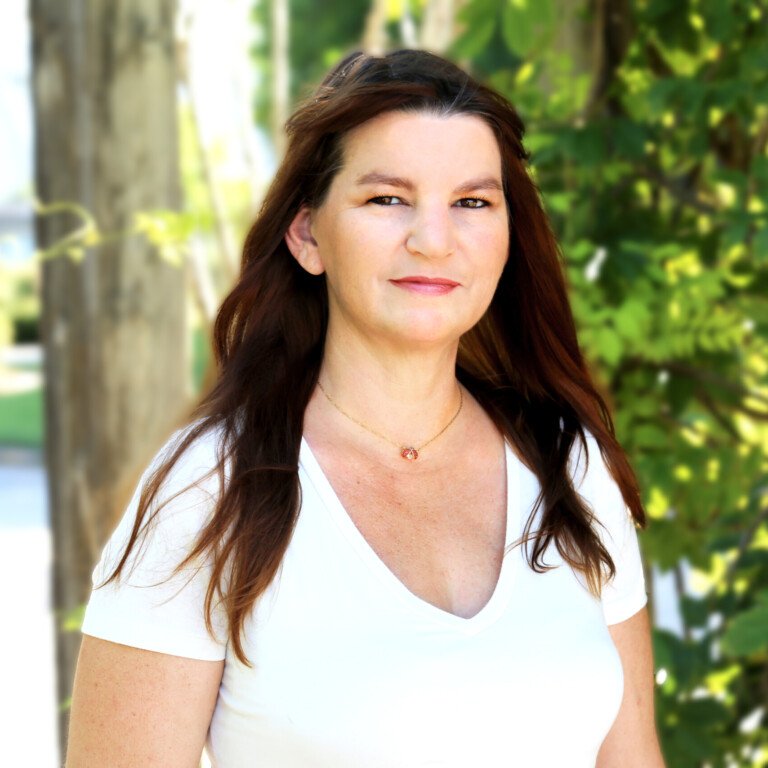
Casmira Harrison is a Jacksonville Today reporter focusing on local government in Duval County.


